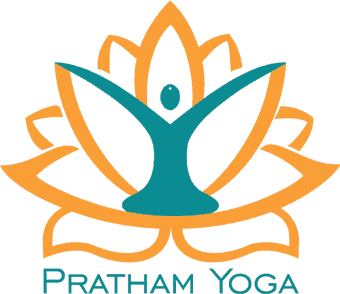Which Dairy Milk Alternatives are Great and How Healthy are they?
Today I had chance to sit and relax underneath this amazing Oaktree after a walk and my daughter sleeping. Whilst looking around and observing the nature and world around me, I found tons of acorns on the tree and lying on the floor around me. I had this thought – if acorns were edible, I´m sure we’d produce ‘milk’ and butter of it like almond/peanut/cashew milk/butter. Now the story before – I went to the farm and bought some local cow milk and buttermilk and also I took a look into the stalling trying to find the farmer.
I found myself in the farm while the cows where being milked by machines. This is a full automatic process nowadays. The cow is in a small box while being milked. Behind other cows waiting. Somehow I found the fact that it is mothers milk weird and the fact that their own babies weren’t allowed to have their milk even weirder. No farmer was there at this moment.
Maybe that´s why I thought of acorn milk today.
I like the taste of ‘milk’ alternatives every now and then. I tried many of them and like some more than others.
HOW HEALTHY ARE THEY?
However today I did research on the process behind and learned that there are quite some differences between the offers but all have one in common – if you can, better DO IT YOURSELF!
Why? Because its way heathier!
Are they suitable for the yogic diet?
From a Yogic Nutrition point of view, processed food and drinks are highly TAMASIC in their quality. It means if overly consumed, they increase heaviness, dullness and other negative qualities within our system. These energies can be very subtle, however the more sensitive one becomes, the more one can feel the difference. Processed food contains much less pranic energy than freshly produced (PRANA is vital life force energy). In yoga we want to store as much Prana as possible in our system, therefore it is contra productive to consume a lot of processed food/drinks.
Packed almond/oat/soy/hemp/rice milk are processed foods and therefore do not contain the original amount of nutrients anymore. They are pasteurised to be longer lasting. Often additives are added to the product to make it of higher value and more suitable for vegans (calcium/ B12,..).
The DIY version is way healthier – and really easy to make! It is free of additives and full of PRANA which turns it into a wonderful SATVIC beverage. (Satva is the quality we want to increase in our diet in order to live a healthy life and to have great support on our Yoga journey.)
You can even create new tastes and experiment (By adding dates or other things for example).
But what about the sustainability of those milks in combination with nutrients?
1) oat: very economical , can be produced locally in many places, easy to make at home, very powerful and healthy drink to enjoy every now and then.
2) hemp: also very economical, the plant is very resistant and grows also locally in many places. The milk can be easily homemade of peeled hempseeds. High nutrient density.
3) Rice: can be also homemade. Economical depending on the rice you buy. Nutrient wise not so great, it contains more natural sugar but not much else. Neither good nor bad for health.
4) Almond: Last and least great! Not economical except you live close by almonds fields (mostly imported from California). Almond trees need lots of water but grow in very dry climate zones. Non organic almond farms have been on target since a while for killing tons of bees through their pesticides.
The milk itself can be easily made at home and has quite nutrients but very low calories due to the low fat content of the almonds.
I did not research yet about soy and cashew milk but can imagine that cashew too of course has to be imported, soy can be produced locally nowadays.
Try to produce your own “milk” by using your local source of oats/almonds/soy/rice, in general Ayurveda recommends to eat local and seasonal products as much as you can.
This article was written by Carolin Dutt, Yoga Teacher at Pratham Yoga (specialized in Prenatal Yoga and Yogic Nutrition). Pratham Yoga does not take any responsibility for the content of the blog post; we do not give any medical advice, only our aim is to make the ancient knowledge of Yog and Ayurveda available for a bigger group of people.
Learn more about YOGa Asana, Pranayam, Meditation, Philosophy, Nutrition, Anatomy, Cleansing, and much more at Pratham YOGA Teacher Training Course in INDIA, Rishikesh



I blog frequently and I really thank you for your information. The article has truly peaked my interest. I am going to book mark your website and keep checking for new information about once a week. I subscribed to your Feed as well.